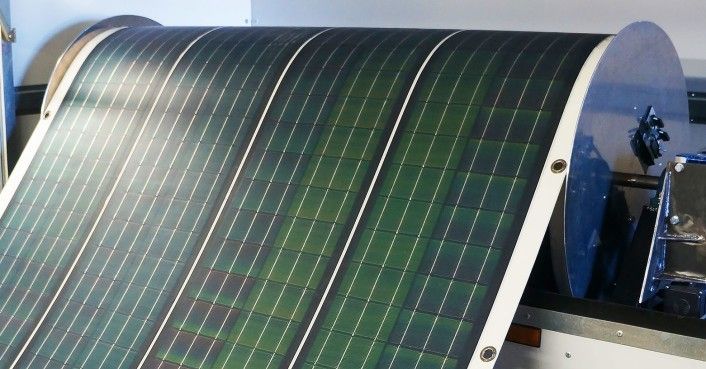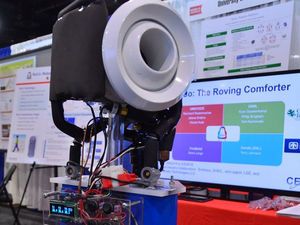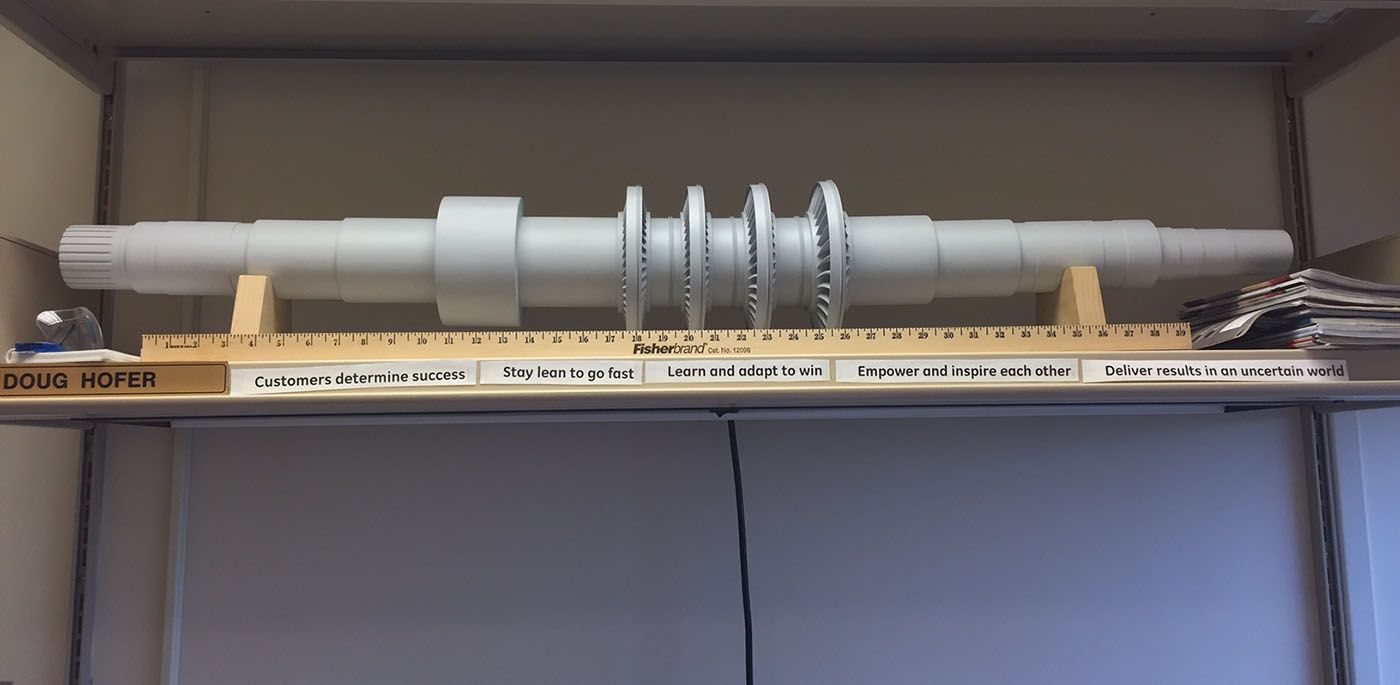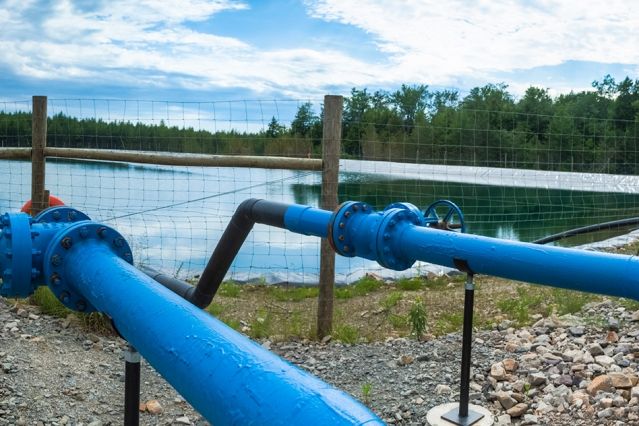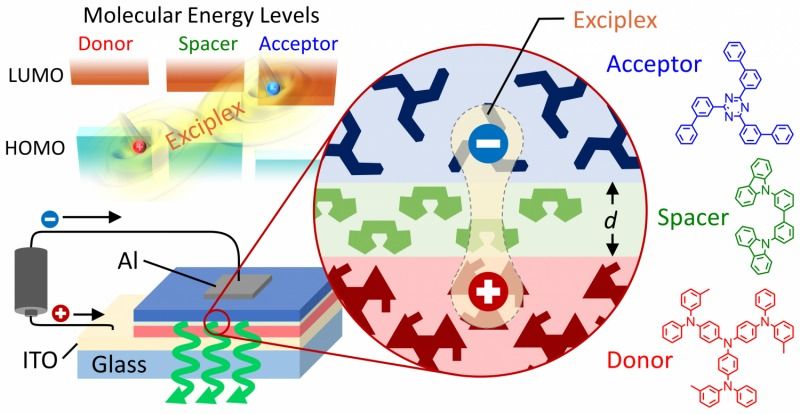
VideoDisclaimer: The author of this article, Jason Belzer, is a member of rLoop and serves as the non-profit’s legal counsel. When billionaire entrepreneur Elon Musk proposed the Hyperloop — a futuristic transportation system capable of propelling passengers to supersonic speeds — back in 2013, it is unlikely that even he could have imagined that just a few years later his vision would be tantalizing close to reality. Yet ironically, Musk, who has helped build companies like Tesla Motors and SpaceX that are on the leading edge of technological innovation, will not receive the credit if the Hyperloop indeed becomes a reality. Instead, that honor will be bestowed upon on a small group of teams now working feverishly to construct a prototype that will be tested this summer at SpaceX headquarters in California.
Imagine tackling one of the most complex engineering projects in the history of the human race, requiring countless hours of collaboration and experimentation by some of the world’s most talented engineers, and never actually meeting the people you are working with in a physical setting. You might think it’s impossible, or you might be a member of rLoop — the only non student team to reach the final stage of the SpaceX Hyperloop Pod Competition.

Continue reading “Crowdsourcing The Hyperloop: How A Group Of Redditors Are Taking On Elon Musk’s Challenge” »
